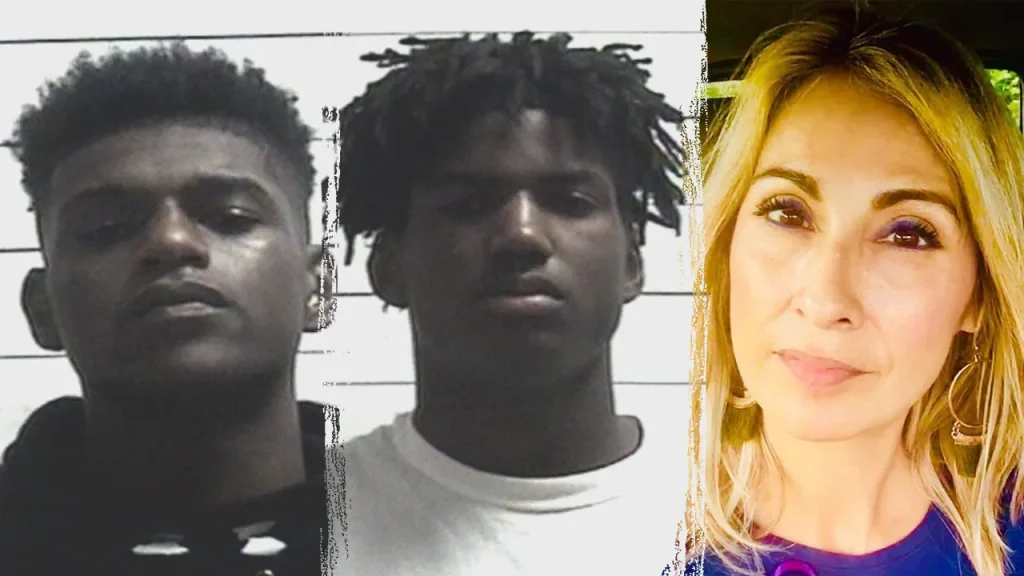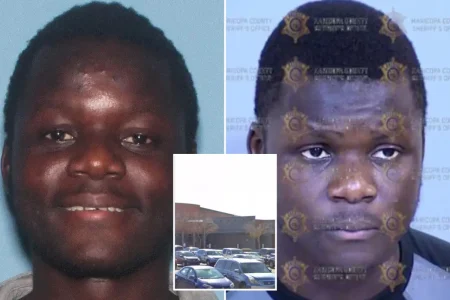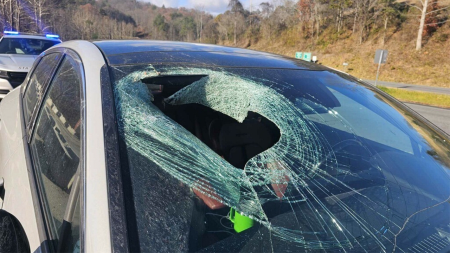A Mother’s Death and the Call for Justice in New Orleans
In the shadow of New Orleans’ vibrant tourist facade lies a darker reality for many residents who face the daily threat of violent crime. This stark contrast became painfully clear for Nadia Sanchez in November 2018, when her mother, Jeannot Plessy, was killed during a brutal carjacking. As federal authorities prepare to launch “Operation Swamp Sweep” in the city, Sanchez’s story highlights the personal toll of crime and raises questions about whether officials are doing enough to protect residents.
The tragedy unfolded when 49-year-old Plessy was attempting to pick up her children. Two teenagers, 18-year-old Jontrell Robinson and 19-year-old Edwin Cottrell, targeted her vehicle in what would become a fatal encounter. Robinson forcibly removed Plessy from her car and took the driver’s seat while Cottrell waited nearby in another stolen minivan. When Plessy’s son-in-law heard screaming and rushed to help, Robinson accelerated the car backward, running over Plessy and killing her. The young perpetrators later avoided second-degree murder trials by pleading guilty to manslaughter, with Robinson receiving a 30-year sentence and Cottrell 12 years. They also pleaded guilty to multiple additional charges including attempted second-degree murder, obstruction of justice, robbery, and unauthorized use of a vehicle.
For Sanchez, her mother’s death shattered the sense of security she had always felt in her neighborhood. “We didn’t have safety concerns. I walked my daughter to the playground every day after school. I never felt like we lived in a dangerous neighborhood—until it happened to us,” she told Fox News Digital. This abrupt transformation of a seemingly safe environment into the scene of a horrific crime underscores the unpredictable nature of violence that many New Orleans residents face. The family’s experience represents countless others whose lives have been upended by violent crime in a city known more for its celebrations than its struggles with public safety.
Sanchez believes city officials have consistently prioritized tourism over resident safety, leaving those who call New Orleans home to deal with the consequences. “I don’t think the city or elected officials took the necessary actions or took crime seriously enough. Their focus was on other priorities—mainly tourism—while residents and their concerns took a back seat,” she explained. Her criticism extends to the present day, as she maintains that little has changed in how the city approaches crime. Perhaps most troubling is her observation that there hasn’t been sufficient focus on victims and their experiences. This sentiment reflects a broader concern that crime statistics and policies often overshadow the human impact of violence on individuals, families, and communities.
As federal immigration officials prepare to enter New Orleans as part of “Operation Swamp Sweep,” questions arise about whether this intervention will effectively address the city’s crime problems. The operation, scheduled to begin in early December, reportedly aims to arrest 5,000 people across southeast Louisiana and Mississippi. Republican Governor Jeff Landry has voiced support for federal involvement, citing particular concerns about violent crimes committed by undocumented immigrants in the area. “We do know that New Orleans is a place under which we’ve had illegal criminal activity, alien activity, in and around that city,” Landry told Fox News, adding that local law enforcement has been “consistently working with the feds” on these issues.
While Sanchez acknowledges the need for action, she expresses skepticism about whether federal intervention represents a comprehensive solution. She characterizes such measures as potentially being just a “band-aid” for New Orleans’ deeper issues with crime and public safety. Instead, she emphasizes that city officials need to fundamentally reprioritize public safety in their governance approach. Her perspective, shaped by profound personal loss, offers a crucial reminder that behind every crime statistic is a human story—a family forever changed, a community’s sense of security damaged, and a call for meaningful action rather than temporary fixes. As New Orleans faces this federal intervention, the city must grapple with how to balance immediate enforcement with long-term strategies that truly protect its residents and honor victims like Jeannot Plessy.










